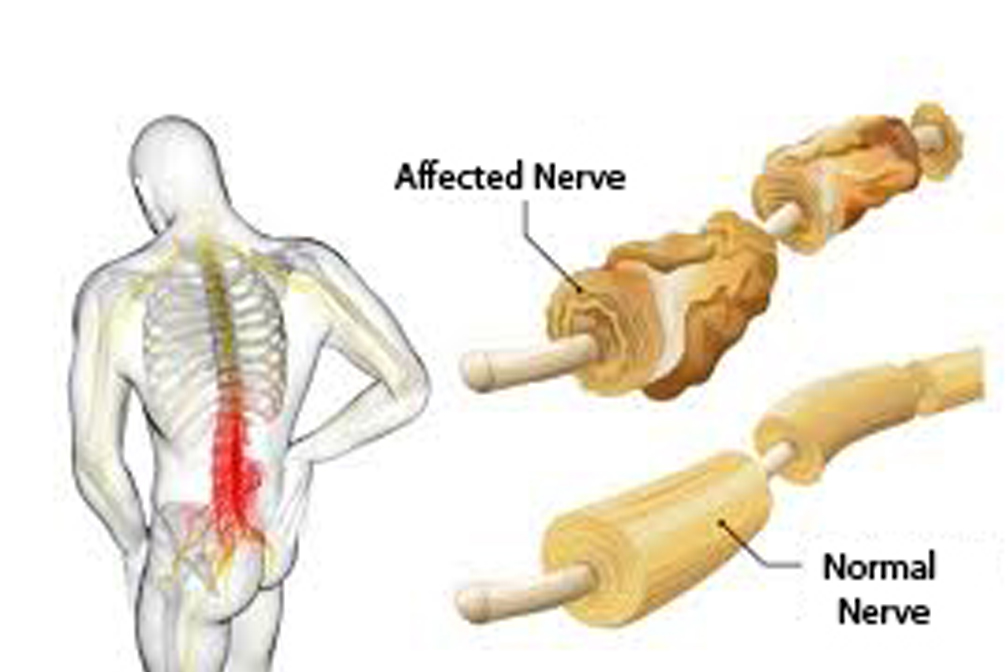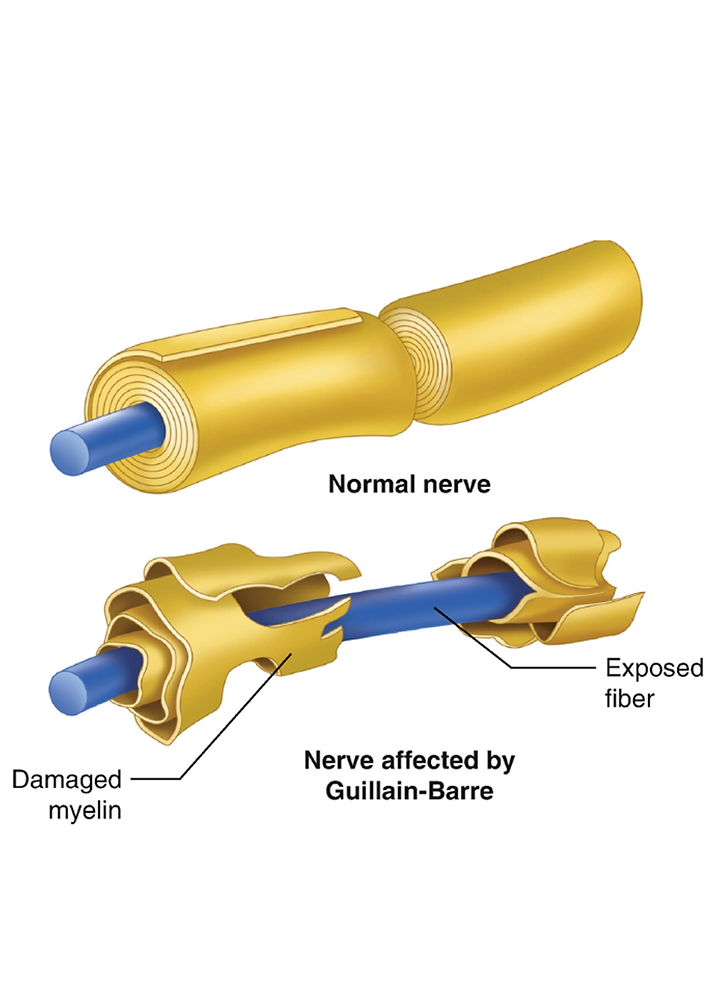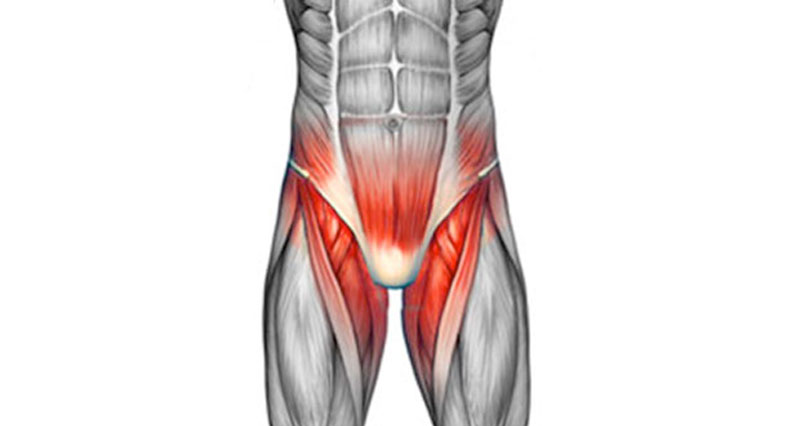
Guillain-Barré Syndrome (GBS) is a rare neurological condition where the body’s immune system mistakenly attacks the peripheral nerves. These nerves control muscle movements and help transmit sensations such as touch, temperature, and pain. When affected, individuals may experience muscle weakness, numbness, and in severe cases, difficulty with swallowing or breathing.
Although GBS occurs more often in adults and males, it can affect people of all ages.
Common Symptoms
Most GBS symptoms develop over a few days and may last several weeks. Fortunately, many individuals recover fully without long-term neurological problems.
Early signs include:
- Weakness or tingling sensations, typically beginning in the legs
- Gradual progression of symptoms to the arms and face
- In some cases, paralysis of the limbs or facial muscles
- About one-third of patients may have breathing difficulties if chest muscles are affected
- Severe cases may impact the ability to speak or swallow, requiring urgent medical attention
Because of these risks, severe cases must be managed in an intensive-care unit.
Most patients eventually recover, although some may continue to experience lingering weakness. A small number of individuals may develop complications such as breathing muscle paralysis, infections, blood clots, or cardiac arrest.
Causes and Risk Factors
The exact cause of GBS remains unknown, but it is commonly triggered by infections. In many cases, the immune system mistakes the body’s nerves for harmful invaders.
Common triggers include:
- Campylobacter jejuni infection (a common cause of gastroenteritis)
- Viral infections such as influenza, cytomegalovirus, Epstein-Barr virus, or Zika virus
- In rare cases, vaccinations—although the risk is extremely low compared to the risk of infection
- Occasionally, recent surgery
Diagnosis
Diagnosis involves a combination of:
- Medical history and neurological examination
- Checking for reduced or absent deep-tendon reflexes
- Supporting tests like lumbar puncture or Electromyography (EMG)
Because GBS can progress quickly, treatment should not be delayed for additional testing.
Patients suspected of having GBS require close monitoring, especially to detect early breathing difficulties.
Treatment and Care
GBS is a potentially life-threatening condition, so hospitalization is always recommended.
Key aspects of treatment include:
1. Close Monitoring
- Breathing, heart rate, and blood pressure must be watched regularly.
- If breathing becomes difficult, ventilator support may be required.
2. Managing Complications
Patients are monitored for:
- Abnormal heart rhythms
- Blood pressure changes
- Infections
- Blood clots
3. Medical Treatment
There is no cure for GBS, but treatments can shorten the illness and ease symptoms:
- Plasma exchange (plasmapheresis) to remove harmful antibodies
- Intravenous immunoglobulin (IVIG) therapy
These treatments are most effective when started within 7–14 days of symptom onset.
4. Rehabilitation
Once the acute phase stabilizes, many patients need physiotherapy to:
- Regain muscle strength
- Improve mobility
- Restore function and independence
At Smile Again Physiotherapy, our rehabilitation programs are designed to support recovery by rebuilding strength, restoring coordination, and helping patients gradually return to daily activities.




